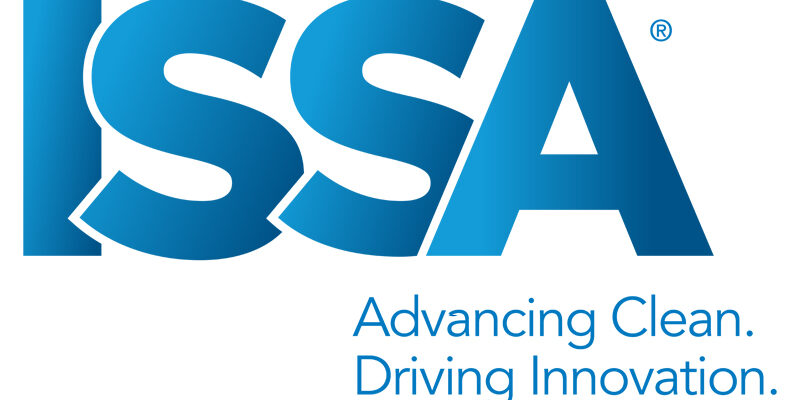The Supply Chain: What to Expect in 2023

Few could determine future trends in the supply chain industry over the past two years. That’s because the past two years have been two of the most challenging the industry has ever experienced. For cleaning and restoration professionals, the supply chain disruptions have led to difficulty with product acquisition, the sourcing of containers for chemical solutions, and employee turnover no one enjoys seeing.
However, the situation is better or at least, more stable – today.
With this in mind, AFFLINK, which provides supply chain solutions for manufacturers, distributors, and end customers in a variety of industries, shares what they believe the supply chain industry can expect in 2023:
More Proactivity
For the past two years, most manufacturers and distributors have had no choice but to be reactive, reacting to an ever-changing business climate. But now, with less volatility, they will become more proactive, creating new business goals, and re-focusing on business growth.
Inflation
Inflation will remain unusually high throughout 2023. Further, it will be unpredictable, jumping up in some months and coming back down in others.
Interest Rates
Interest rates will remain high throughout 2023.
Lower Carrier Rates
Good news. Carrier rates have been going down, and this is likely to continue in 2023. They’ve decreased because of reduced fuel costs, the end of the COVID gridlock, a more stable workforce and supply chain environment, and less consumer demand due to recessionary concerns.
A Recession
“Hope for the best but prepare for the worst” will be the supply chain industry’s mantra in 2023.
Technology
Supply chain managers want to track components, goods, and shipments in real-time/any time, and new technologies are helping them accomplish this. Plus, artificial intelligence will play a more prominent role in the supply chain, eliminating human errors, improving efficiency, and lowering costs in 2023.
The Demand for Green
Suppliers and distributors will continue to operate in a greener and more sustainable manner in 2023 because they are realizing the cost benefits. Additionally, they will be pressured to do so in 2023 due to more international regulations requiring a reduction in greenhouse gases.
“The great unknown is geopolitics,” says Michael Wilson, vice president of AFFLINK. “The conflict in Ukraine is very volatile. This caused supply chain complications in 2022. We will just have to wait and see how the war impacts the supply chain in 2023.”
About AFFLINK
Connecting more than 200 manufacturers of Facility Maintenance, Packaging, Safety, Office, and Industrial Supply solutions with over 350 independent distribution experts, AFFLINK offers clients innovative products, market expertise, and improved profitability, all of which are fueled by our leading-edge information technology.












